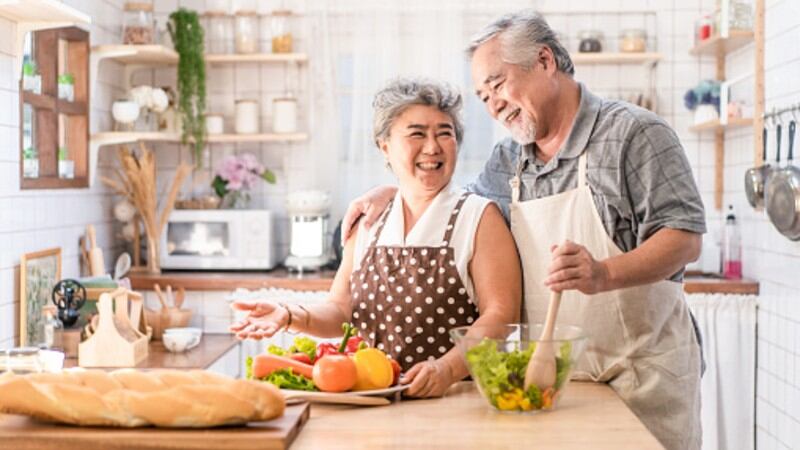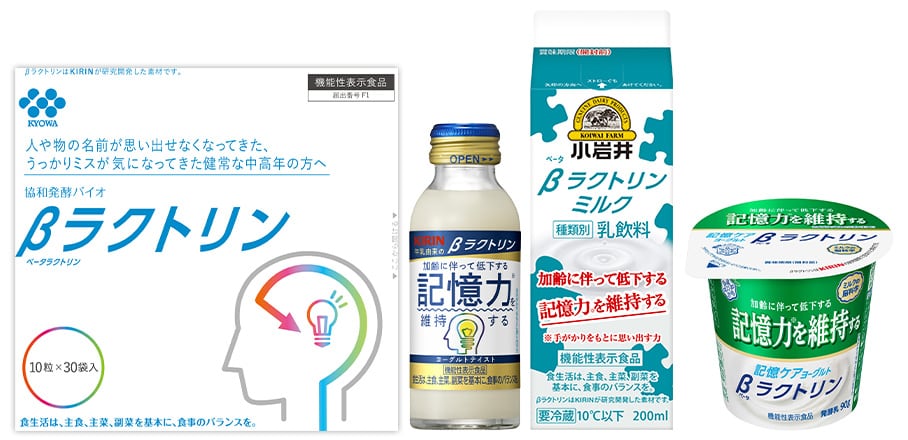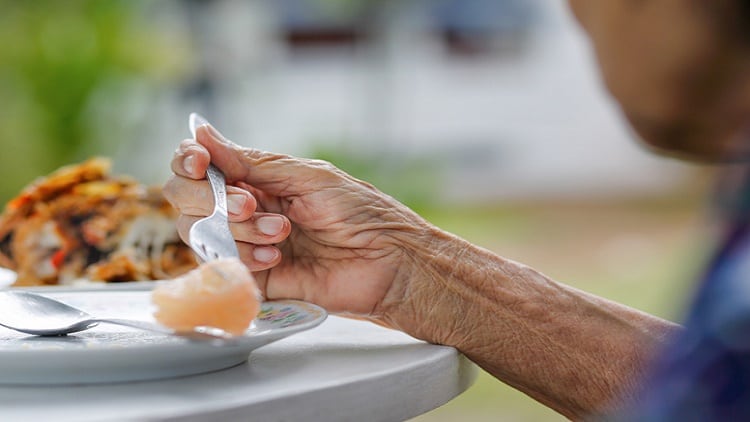South Korea first created the elderly-friendly foods category in 2018, amending the local Food Code to establish this as a separate section.
Here, elderly-friendly food refers to foods manufactured and processed to have physical properties suitable to aid the elderly to eat or digest it, or to have nutritional profiles suitable for the elderly.
“[The elderly-friendly foods category has been established to] improve the convenience of intake as well as nutritional provision for the elderly, as this group may [face challenges] due to weakened chewing or swallowing or impaired nutritional intake due to this,” the South Korean Ministry of Food and Drug Safety (MFDS) said in a statement.
“Foods with hardness of 500,000 N/m2 or less (force needed to chew the food) or those with three or more nutrients from protein, Vitamin A/C/D, riboflavin, niacin, calcium, potassium and dietary fibre per 100g [fall into this category].
“In addition, the manufacturing of foods to be classed as elderly-friendly must follow strict food safety standards from the stage of preparing raw materials to contaminant testing of final products.”
However, the governance of these products has been under debate for some time as MFDS does not directly manage food product certification, and recently the local Ministry of Agriculture, Food and Rural Affairs (MAFRA) issued an updated notification that product governance will now depend on product ingredient content.
“Elderly-friendly foods will be designated under the jurisdiction of the relevant agencies based on ingredient content – If the food contains more agricultural ingredients than aquatic ingredients, it will be managed by MAFRA, but if vice versa, then it will fall under the purview of the Ministry of Oceans and Fisheries (MOF) [so] food companies need to direct their applications accordingly,” said MAFRA.
“If the ratio of both types of products are found to be similar, then the application can go to either MAFRA or MOF depending on the request of the applicant looking to be designated as an elderly-friendly food.”
This means that products such as kimchi, tofu and ginseng would fall under the purview of MAFRA, whereas fish or other seafood-based products would need to be approved by MOF.
A healthy mix of both agricultural and aquatic-based products is common in the country – according to a 2017 Sejong University study on South Korean elderly dietary tastes, ingredients from both sources (e.g. grains, seafood, meat) were all considered much more preferable by local seniors, as opposed to vegetables and nuts.
Need for elderly products on the rise
According to local experts, South Korea has placed especial focus on such a category due to the rapidly rising local elderly population, and the category as a whole is growing fairly rapidly.
“The number of elderly in South Korea is rising quickly, and the government is moving to put many more of such food products and services into place to manage the needs of this group,” business consultancy firm KOISRA CEO Eyal Victor Mamou told FoodNavigator-Asia.
“In particular, the ready-to-eat section and especially Home Meal Replacements (HMRs) are showing particular popularity amongst the elderly – HMRs are already trending strongly in Korea as a whole, but for seniors, it means saving the hassle of going out or cooking, yet still being able to eat in the comfort of their own homes.
“These are also considered friendly for them in a way as they are easy to get and cheaper than restaurants.
“I would say these are especially popular amongst elderly males – this is because the rate of divorce in South Korea is highest in those above 50, and usually one side (the males, in this case) will turn to HMRs as a solution without needing to cook.”
According to Statista, as of 2020 the elderly populations made up some 15.6% of the total population in South Korea, more than the 7% to make up an ageing population, and fairly close to the 20% needed to be classed as a super-aged population, so it is understandable why the government is moving to prepare for a senior-friendly future.
South Korea also has a specific Senior-Friendly Industry Promotion Act, which focuses on ‘the betterment of the quality of life of senior citizens and the sound growth of the national economy by supporting and promoting industries friendly to senior citizens’ – senior-friendly foods are also part of this initiative.




